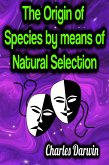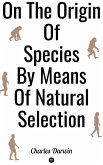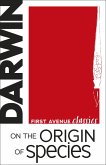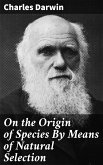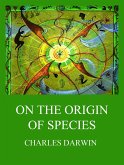In "The Origin of Vertebrates," Walter Holbrook Gaskell offers a pioneering exploration of vertebrate evolution through a meticulous examination of embryological and anatomical development. With a poetic yet scientifically rigorous style, Gaskell synthesizes data from various disciplines, revealing the interconnectedness of species and challenging contemporary notions of evolution. This work is grounded in the context of early 20th-century biology, engaging with the debates of the time surrounding Darwinian theory and the nascent field of genetics, while anticipating future developments in evolutionary biology. Walter Holbrook Gaskell, a prominent anatomist and zoologist, dedicated much of his career to the study of comparative anatomy and embryology. His formal education and extensive field studies in Europe and North America provided him with a robust understanding of natural history, shaping his hypotheses and leading him to challenge existing paradigms about vertebrate lineage. Gaskell's commitment to scientific inquiry and education is evident in his efforts to synthesize complex ideas into accessible formats for broader audiences. Readers interested in evolutionary biology, comparative anatomy, or the history of science will find Gaskell's work an enlightening resource. "The Origin of Vertebrates" stands as a significant synthesis of knowledge, making it a must-read for anyone seeking a deeper understanding of the foundations of vertebrate life.
Dieser Download kann aus rechtlichen Gründen nur mit Rechnungsadresse in A, B, BG, CY, CZ, D, DK, EW, E, FIN, F, GR, H, IRL, I, LT, L, LR, M, NL, PL, P, R, S, SLO, SK ausgeliefert werden.



